
Two trailblazing Latina leaders discuss challenges facing Philly
Natasha McGlynn and Diana Cortés, two Philly firsts, are key change-makers in the efforts to bring more equity for women and people of color in Philadelphia.
Philadelphia is known for being a city of firsts — home to the first library, the first hospital, the first university and many more.
In recent years, Philadelphia has seen two other historic firsts from two prominent women leaders: Diana Cortés, the city’s first Latina City Solicitor, and Natasha Danielá de Lima McGlynn, the first Latina executive director of the Anti-Violence Partnership (AVP).
On Monday, March 27, the two Latina trailblazers took part in an enlightening discussion about a number of issues facing the city, and the value of women leadership in providing solutions to various challenges.
The event was held in celebration of National Women's History Month and hosted by Hogan Lovells' Philadelphia office in Center City.
The Journey to Respective Roles
Before she became the city’s first Latina City Solicitor, Cortés navigated between the private and public sectors, with a consistent focus on litigation.
Starting out as a law clerk for the Honorable Juan R. Sánchez of the U.S. District Court for the Eastern District of Pennsylvania, she later went on to work at the law firm, Morgan Lewis. With a lifelong desire to become a district attorney and prosecutor, Cortés went on to work at the District Attorney’s Office before going to Marshall Dennehey, where she focused on civil rights work.
Her most recent role was as chair of the litigation group at the law department before being elevated to acting, and then permanent, city solicitor.
When she thinks about her distinction as the city’s first Latina city solicitor, Cortés said, “It is a great honor and privilege to have this great responsibility.”
For McGlynn, she started her career initially wanting to be a lawyer, particularly doing international corporate law. But rather than going to law school, she went into public services with the Federal Reserve.
Shortly after she began her master’s degree program, her life was altered as she best friend was tragically murdered.
“That was my crucible moment, and I ended up devoting my entire graduate education to violence, and in particular, researching violence against women in public spaces.”
Her involvement with AVP came after she realized the need for people like her, and other co-victims of homicide, to have accessible resources like victims service agencies.
For both, their respective backgrounds are critically important to their current roles.
To Cortés, as someone who has a strong sense of heritage and has endured various forms of discrimination, her presence is paramount.
“I think to have a leader who has that experience, knows what it is like to still persevere when you are the only one in the room who looks like you, you come to the table already looking for a holistic approach to things,” she said.
“And I think especially being in city government, leading and advising different city officials in [the sixth largest city] in the country, you have to be creative … and realize that there’s going to be opposition coming at you,” added Cortés.
That understanding, in addition to her upbringing within a family who taught her the value of doing what is right as opposed to what is popular, has paid huge dividends.
For McGlynn, as a co-victim of homicide herself — as 90% of AVP clients are — she already has an understanding of many of those experiences.
Growing up where she did in Bay Ridge in Brooklyn, she often saw a lack of diversity, and her experiences has shaped her view on its importance.
“I think it’s really important that, especially within an organization, that there are individuals who represent your clients, speaking about diversity in terms of demographically, race and ethnicity, but also in experience,” said McGlynn.
Combined with her administrative background, McGlynn has come into the role with an eye toward making sure that AVP is able to better facilitate its services and increase efforts to make a positive impact on the diverse communities it serves.
Challenges Facing Women
The City of Philadelphia has seen an increase in violence in since and in the years leading up to the start of the pandemic, and women of color are often significantly impacted.
McGlynn noted that over 85% of AVP clients are Black women seeking therapeutic services, counseling and emotional support services.
“With the pandemic, in particular, we saw that not every home is a safe home,” she said.
Social isolation caused by the pandemic has led to an increase in domestic violence, violence overall, and suicide attempts by young girls between the ages of 11 to 17.
“I think we’re seeing women are increasingly more vulnerable,” added McGlynn. “Women are also now becoming perpetrators of violence, as well. They’re the ones who are also being coerced by their male counterparts to carry guns.”
During her time at the District Attorney’s Office, Cortes can recall instances of women being used as straw purchasers of guns.
As she sees it, the issues often facing women are a convergence of different factors.
“It’s really the city and across the country, the cities that are facing this, it needs to have a multifaceted approach to address this,” said Cortes.
She added that our society needs to move past the hierarchical structure in which women are viewed as less powerful.
“I think it’s a matter of us making sure that women and other marginalized groups are empowered or educated, and know they have options,” added Cortés.
In terms of having options, McGlynn noted an increase in relocation requests for women who may not want to continue living in the home in which the violence act took place. However, another issue lies there, as well.
“There is a shortage of housing here in Philadelphia,” she said. “And so a lot of individuals are being stuck.”
RELATED CONTENT
Breaking the Cycle
AVP’s services are focused on providing centered therapeutic services to clients.
When a client comes in after a specific traumatic event, the therapeutic process aims to peel back the layers that may negatively impact that trauma.
McGlynn noted being underserved and under-resourced, having a lack of job training, education or financial means and more as potential layers to that trauma.
“I think getting to the root of all that pain is going to be critical,” she said.
She added that while therapy has proven effective in most cases, there is still a bit of a stigma surrounding mental health for males, and especially Black males.
However, women can play a key part in breaking the cycle.
“I think when a woman is more inclined to engage in the therapeutic process, she becomes empowered and that empowerment actually trickles down in her family,” said McGlynn.
In this instance, the woman will learn to cope in a healthier, more healing way and take what she learns in those sessions and share it with the other co-victims, leading to less retaliatory violence.
The pandemic added yet another layer to those challenges. From the shut down of schools and after school programs, to parents having to also become teachers to their children or losing their jobs, the impact has been vast.
“Even as we slowly start investing in that and opening those back up, we’re still seeing the ripple effects of that,” said Cortés.
She added that the City has a critical role to play in investing in preventive measures to end the cycle of violence.
The Need for More Diverse Women in Leadership
Philadelphia currently has women leading four of the major law enforcement agencies.
“I do think the fact that you have four of us at the same time, it is making it much more common to see women in these leadership positions, in particular, law enforcement positions,” said Cortés.
“So I think it’s definitely having a positive impact on making sure that women are being viewed as equals, that their opinions and their voices are being heard, and the reasoning for different policy changes are also being heard, considered and at times, implemented,” she added.
While these women are at the helm, challenges continue to face them.
“I think as women of color, diverse women, we have to constantly deal with two strikes against us,” said Cortés, noting misogyny and racism as the two strikes.
She credited the value of women having to persevere, be resilient and resources in order to overcome the various challenges often thrown at them.
In her role as city solicitor, it is especially essential, Cortés said.
In AVP’s case, there has been a history of white women at the helm who often distanced themselves from the communities the organization is serving and showed a lack of empathy.
“So it is very important that we do bring diversity,” said McGlynn. “We have to be representing the communities that we’re serving.”



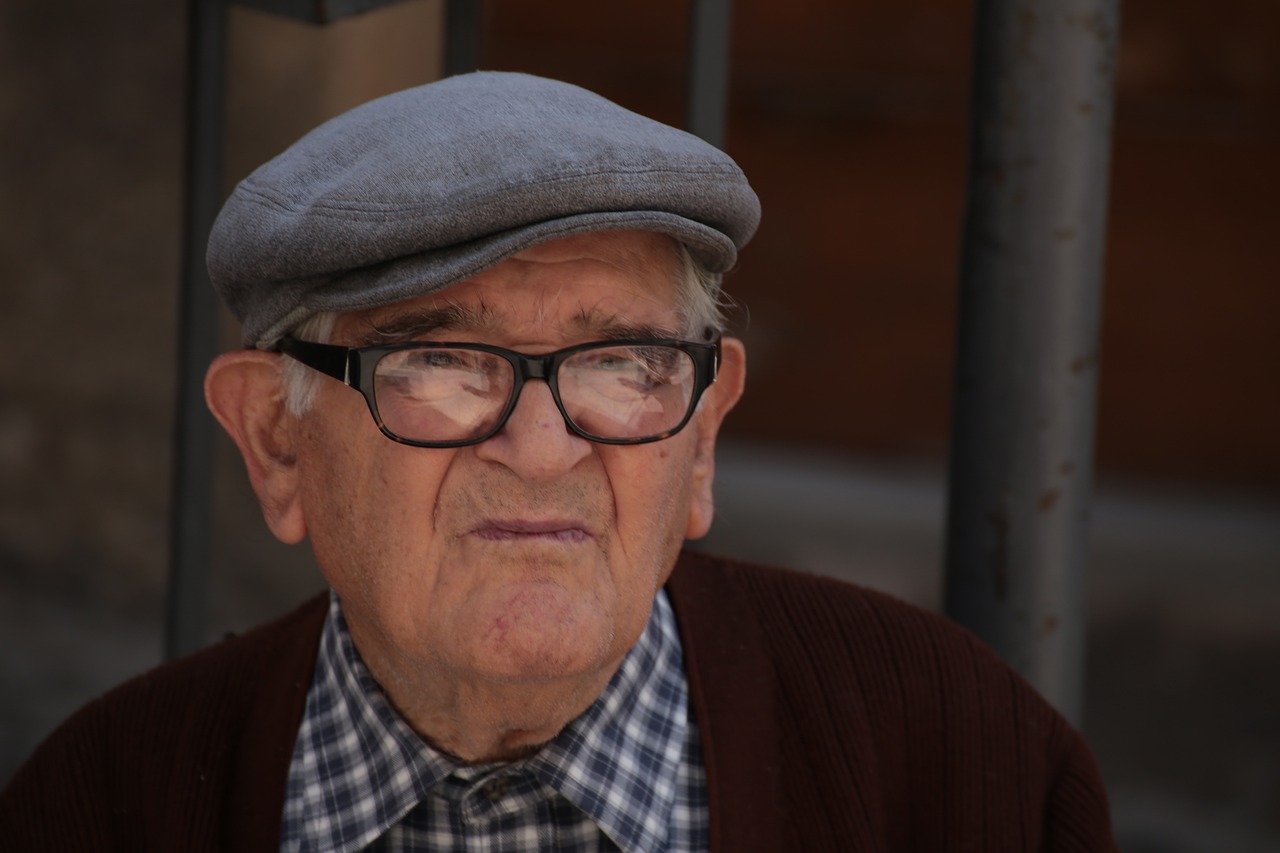
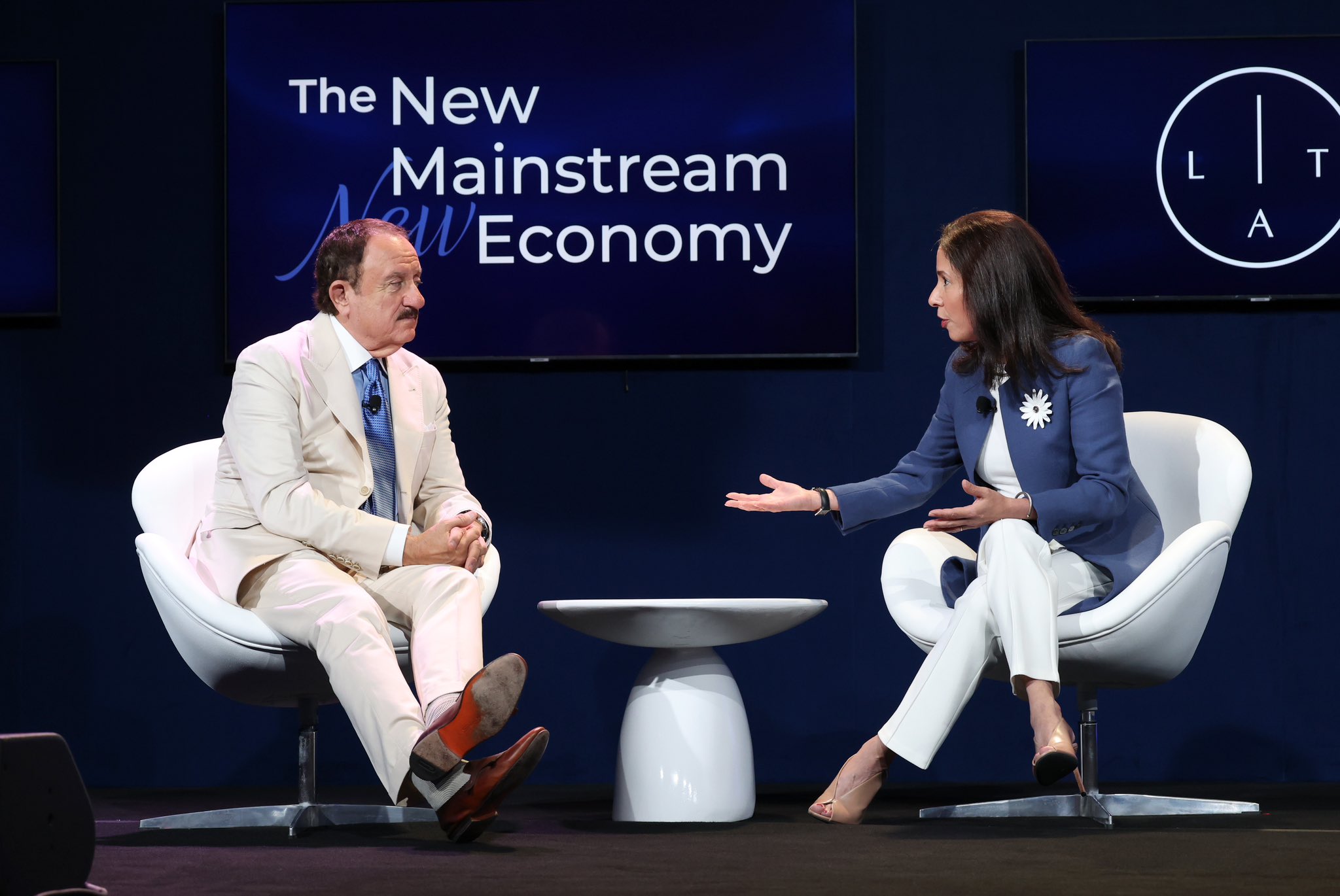

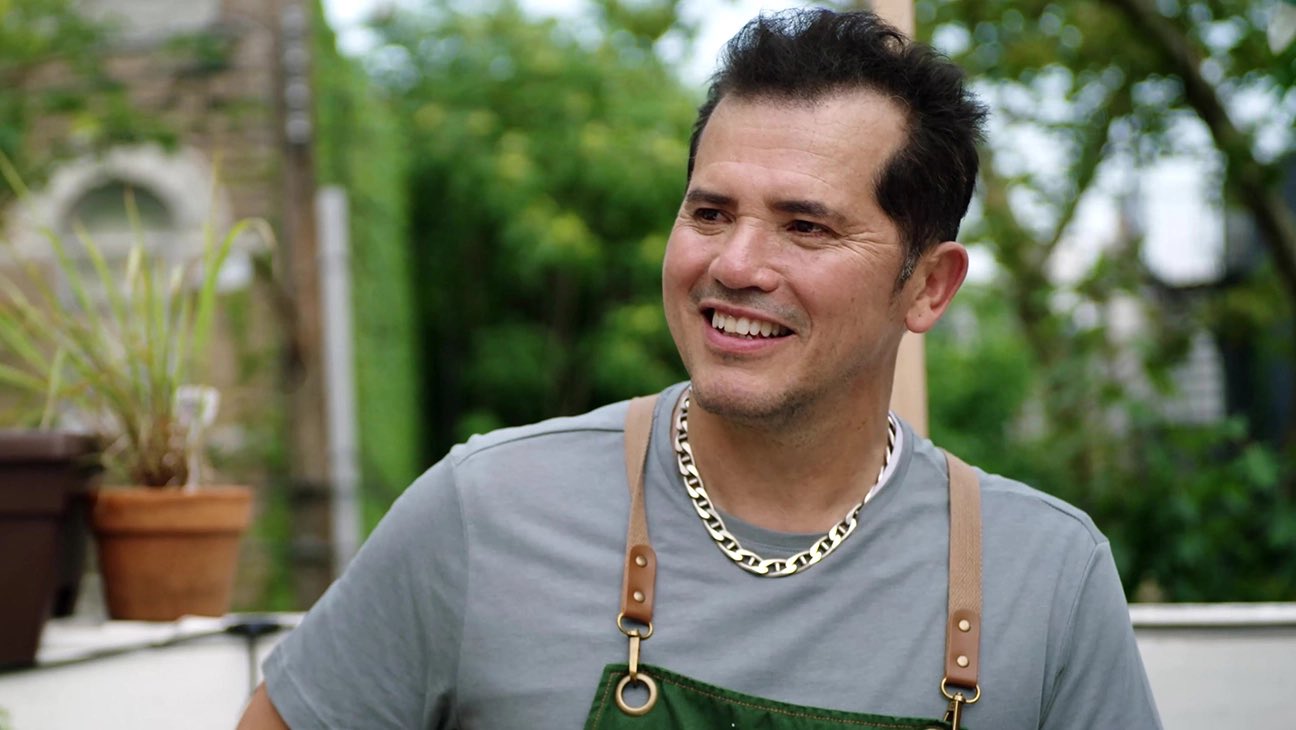

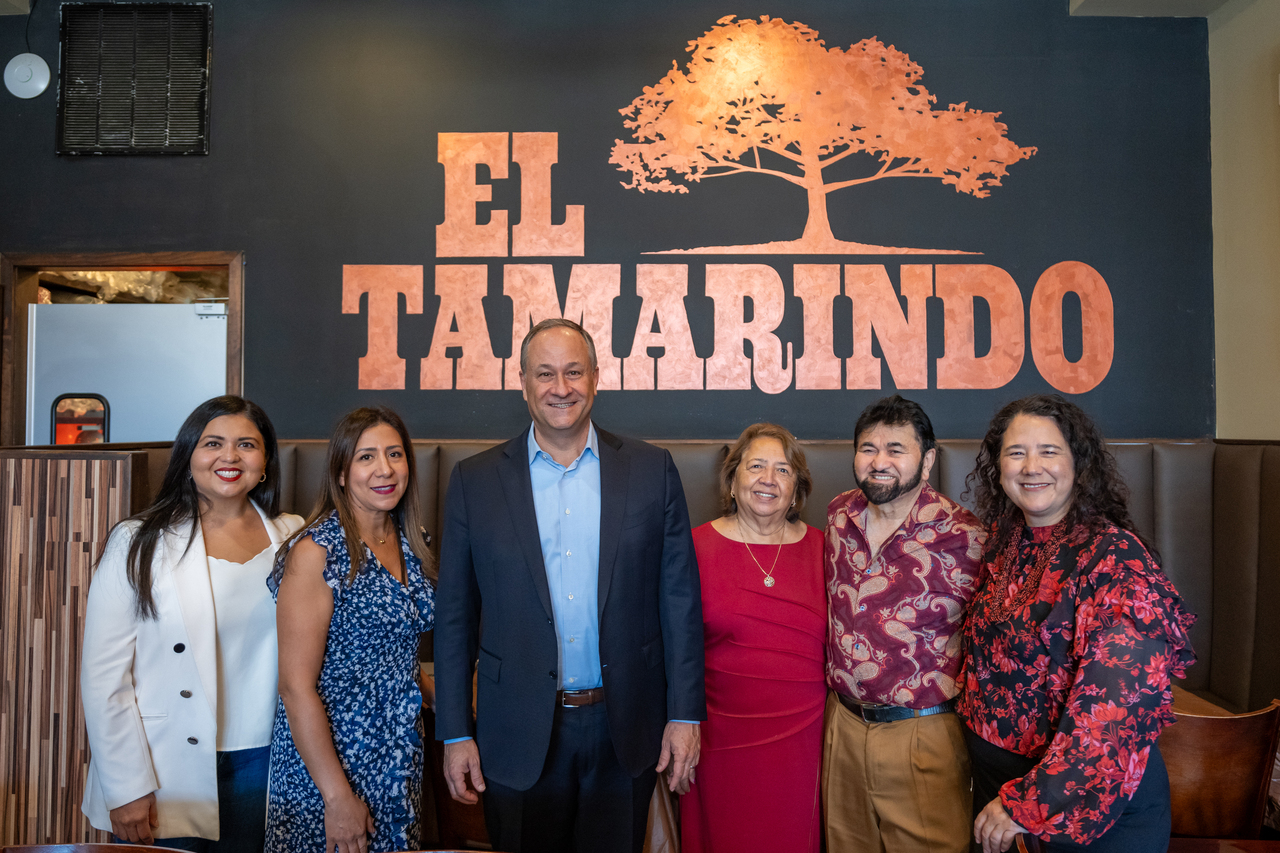
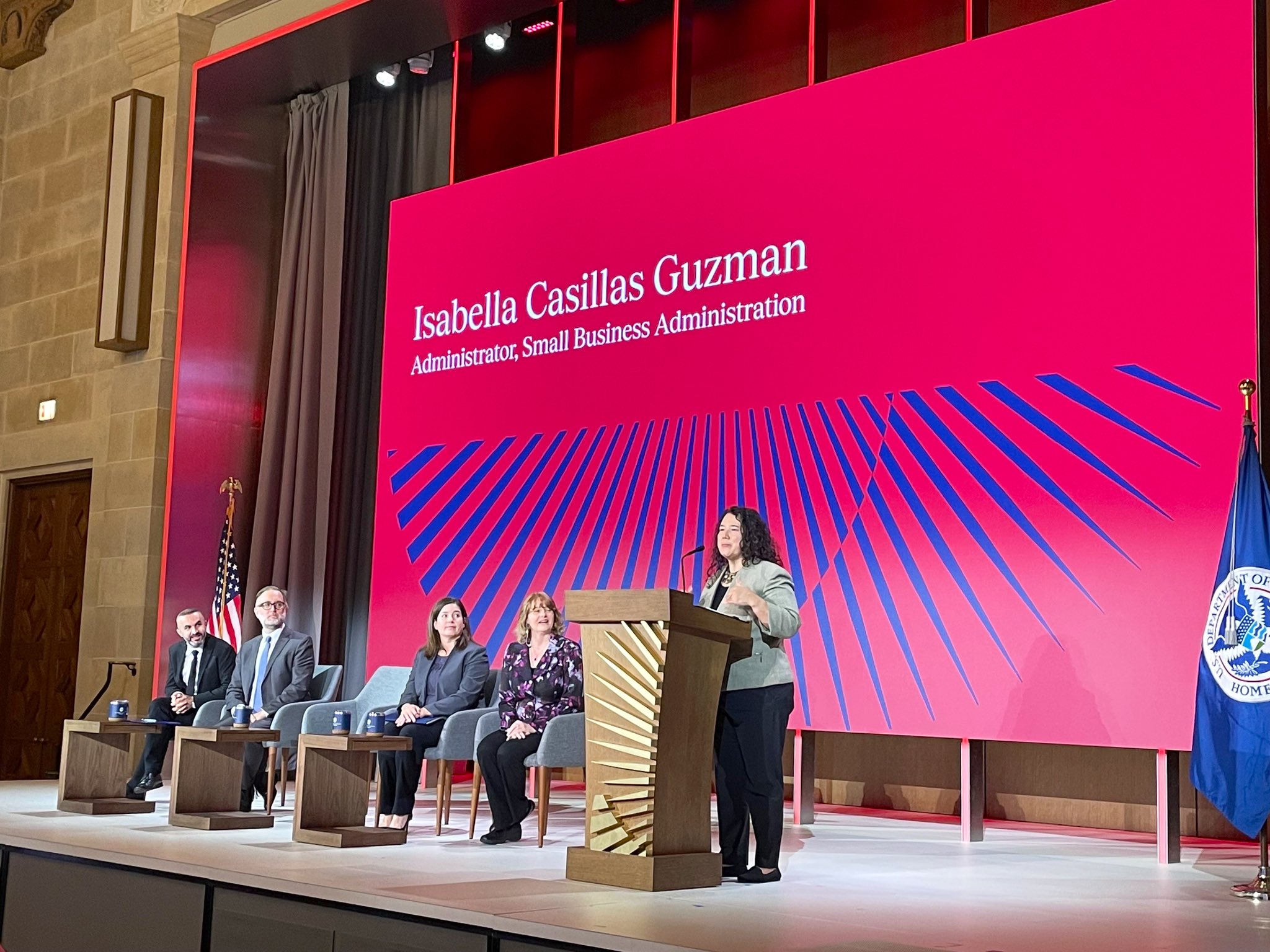

LEAVE A COMMENT:
Join the discussion! Leave a comment.